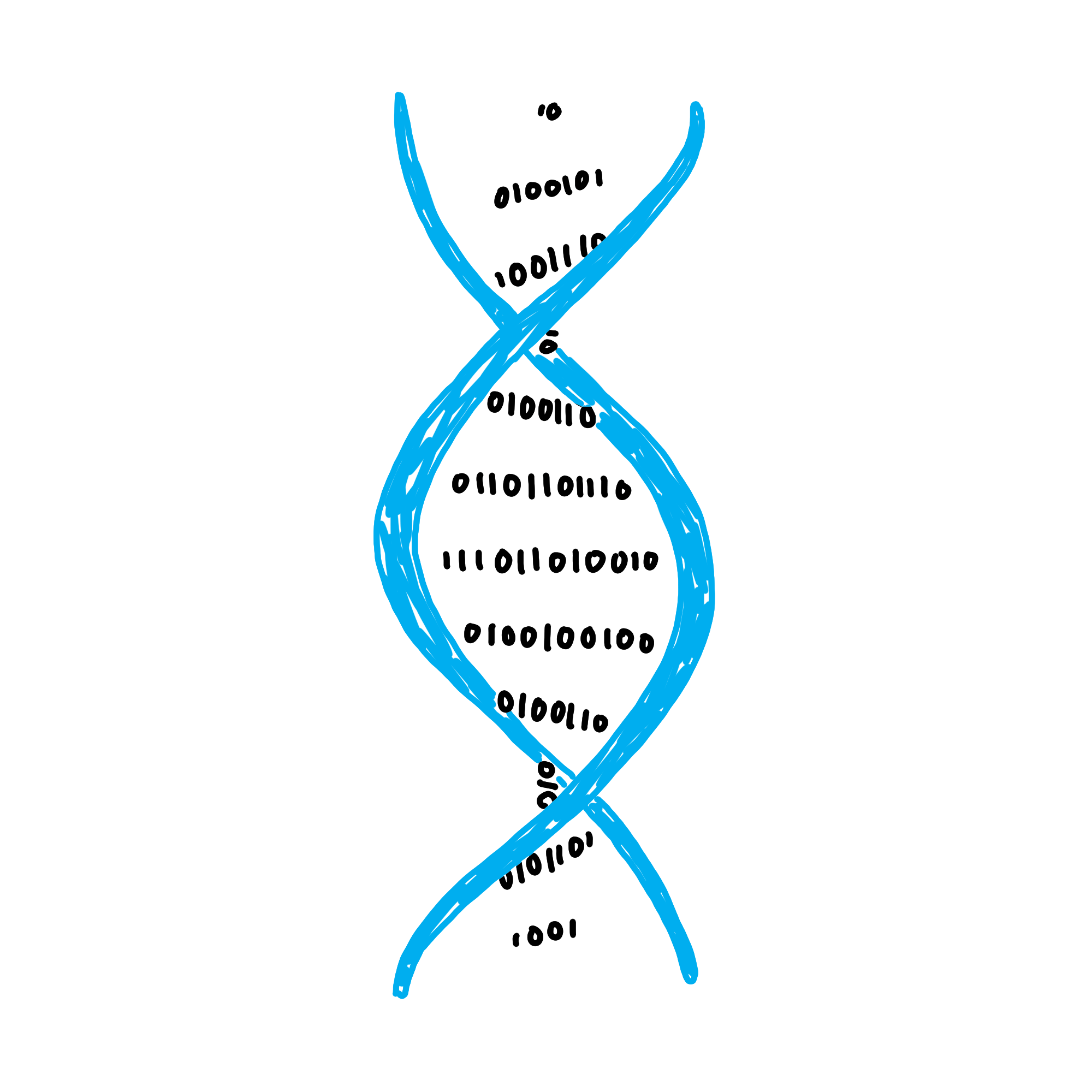top of page
ISSUES
The idea of editing humans used to be the realm of science-fiction, but because of new techniques, this fictitious concept is swiftly becoming reality. Despite being a seemingly auspicious topic, gene editing has prompted much ethical and moral debate.
Social
The ethics behind CRISPR are fairly innocuous until we consider gene editing experimentation on embryos. There are already strides being made to further the likelihood of designer babies, albeit being met with much criticism. The opponents of gene editing on embryos point to the idea of a socially stratified society where the genetically modified dominate. Changing an embryo's DNA would not only affect the child, but its descendants, too.Public opinion on this issue has wavered, many people concerned about how far the ethical boundary will be pushed regarding gene editing. What restrictions should be placed on these practices? To what extent should we have control over what changes are made in our DNA?

[i9]
FACT CHECK (hover)
What % of U.S. adults agree that testing gene editing on human embryos is taking medical technology too far?
A. 25%
C. 40%
B. 80%
D. 65%
D. 65%

[i3]
Economics
One major concern behind CRISPR is how the technology would stand in the economy. This form of gene editing is a lucrative business, gaining the attention of many investors who are aware of the potential profits. The harsh reality is that although there are many seeking to utilize CRISPR technology to improve the quality of life, there will be those who are only in it for the money. The worst thing that could happen is for corporate greed to take over the face of CRISPR technology.

[i10]
FACT CHECK (hover)
How much will the CRISPR market be worth by 2025?
A. $50 million
B. $100 million
C. $10 billion
D. $5 billion
C. $10 billion
[i11]
Legal
The legal restrictions surrounding genetic modification are quite unclear. However, "scientists who work in genetics draw a huge distinction between editing somatic cells and editing germline cells." An example of a slippery slope legal case occurred last year in China. A scientist named He Jiankui "claimed in a YouTube video to have used CRISPR to genetically modify human embryos to make them immune to HIV." He implanted these embryos into a woman who gave birth to twin girls. The Chinese government renounced this experiment, calling it "extremely abominable in nature". This one example is one of the first of many legal ramifications gene editing technology will face.
[i7]
[i6]
bottom of page
